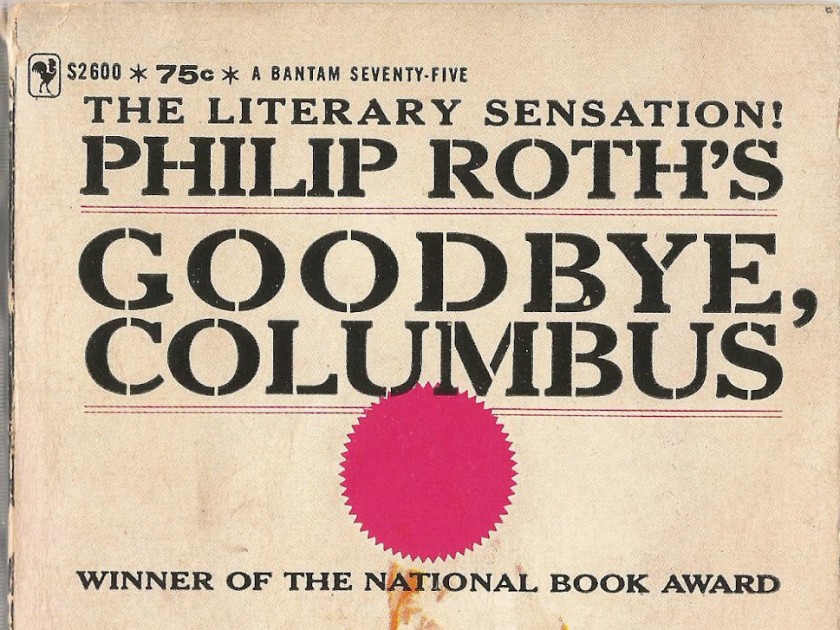Join a community of readers who are committed to Jewish stories
Sign up for JBC’s Nu Reads, a curated selection of Jewish books delivered straight to your door!

Earlier this week, Daniel Torday wrote about alluding to the Torah in the modern novel. He is the author of the recently published novel The Last Flight of Poxl West and will be blogging here all week for Jewish Book Council’s Visiting Scribe series.
We currently reside in the fifth year since Philip Roth announced his retirement from writing fiction, and while many of the faithful held out for a Brett-Favre-style return (well, I did anyway), it now appears Roth meant it. Since Nemesis came out in 2010, we’ve had the entertaining Roth Unbound by Claudia Roth Pierpont, looking back on each of his books. There’s been word of an authorized by Blake Bailey— who may well be the greatest living literary biographer, as his perfect books on Cheever and Richard Yates evince.
But no new Roth.
So what does this void mean for the working Jewish novelist? Is there a substantive sense of a lack of leadership, of competition, in having one of the world’s best living novelists (as Nadine Gordimer called him in the pages of The New York Times Book Review) permanently sidelined? I’ve always loved that when James Joyce met WB Yeats, he told the elder poet, “You are too old. I have met you too late,” apparently meaning too old to teach him anything. The gall! And yet there’s something exhilarating about the brash young novelist (he turned out pretty good) shouting up at the legend.
I don’t harbor in my pen any of Joyce’s limitless skills or pretensions, and I was in my mid-twenties before someone handed me any Roth. As an undergraduate I mostly read Shakespeare, Milton, Chaucer, Melville. But then in my early 20’s I read Goodbye, Columbus, and a whole world opened up before me — as a writer. That the intimacies of urban, suburban and post-urban Newark could be the setting for a literary novel was news to me. My own growth as a writer seemed at times to follow what I read in book after book of Roth’s — his Prague came before the Prague I was making on the page in my own first novel, his Neil Klugman seemed to cast a shadow over my own narrators as he did over those I found in Harold Brodkey, in David Bezmozgis’s Natasha, in so many books I was reading. I’ve got not a thing to teach Roth, like Joyce felt he did Yeats. But I still think of him, however subconsciously, every time I open a fresh Word file.
But I suppose on some level in surveying a literary field with Roth on the sidelines, what we can see now is just a wide open sense of the possibilities for the Jewish novelist, he or she now running out over the edge of some Wiley Coyote cliff, trying hard not to look down. One never wants to name names, but when we read Bezmozgis, Molly Antopol, Nicole Krauss, Gary Shtyengart, Adam Levin, Lara Vapnyar, Jonathan Safran Foer (this list could go on for pages), so many of the huge list of Jewish novelists and story writers working today, there is a sense of waiting to see who will take up that mantel that Roth so long held. And hoping in some weird way that one day we’ll all look down to find there’s one more Roth novel under our feet, back on the field for one last season, against all hope.
Daniel Torday is the author of The 12th Commandment, The Last Flight of Poxl West, and Boomer1. A two-time winner of the National Jewish Book Award for fiction and the Sami Rohr Choice Prize, Torday’s stories and essays have appeared in Tin House, The Paris Review, The Kenyon Review, and n+1, and have been honored by the Best American Short Stories and Best American Essays series. Torday is a Professor of Creative Writing at Bryn Mawr College.